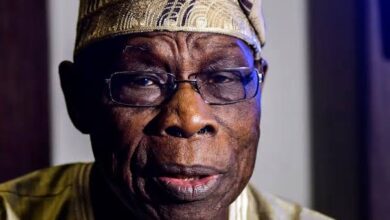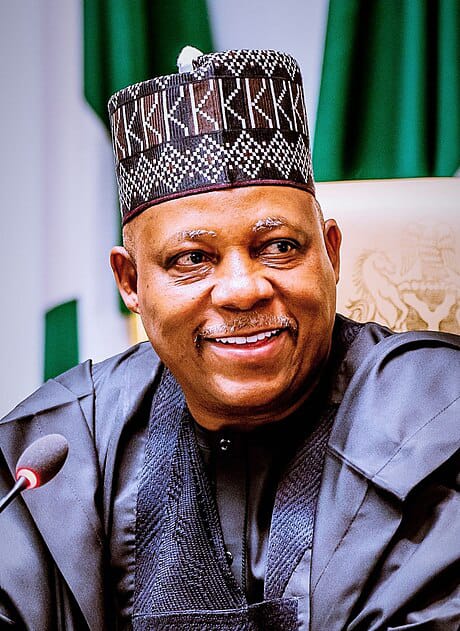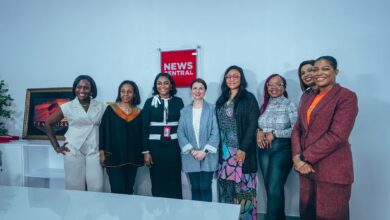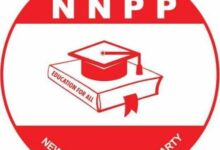FEC okays N701bn to boost power generation
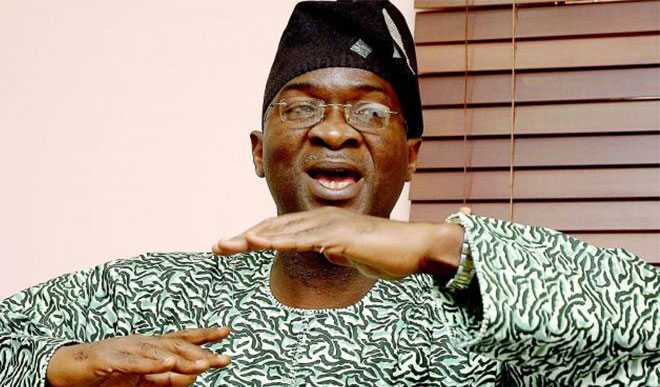
*Nigerians to Govt: To have stable power, stop DISCOs
*Fashola briefs Council on Lagos/Ibadan road, 2nd Niger Bridge
…Nigeria earned $43m from gum Arabic in 2016 – Audu Ogbeh
“We as Nigerians have now seen that it doesn’t pay to privatise our electricity system in this country. We asked for it but now we regret that we did. These DISCOs, the ones we see, will under-purchase generated power and rationalise same among industrial and residential areas. If Buhari’s government does not revoke the licences of these DISCOs, by the time he will finish in 2019, he will just discover that even if he will have generated 20,000 megawatts, Nigerians will still not be having stable power supply.”
The Federal Executive Council (FEC) presided over by Acting President, Prof. Yemi Osinbajo, has approved N701 billion to improve power supply in the country.
The money would serve as Power Assurance Guarantee for Nigeria Bulk Electricity Trading, NBET.
Briefing State House correspondents at the end of the meeting, Minister of Power, Works and Housing, Mr. Babatunde Fashola (SAN), who was joined by his colleagues in Agriculture, Chief Audu Ogbeh and Information and Culture, Alhaji Lai Mohammed, said with the money paid, the Generating Companies (GenCos) would be able to pay their gas suppliers to record steady power supply.
In the meantime, some of The DEFENDER’s respondents have said that the power supply in Nigeria would not effective unless government make effort to return the right of distribution from them back to the government in form of either PHCN or NEPA.
“We as Nigerians have now seen that it doesn’t pay to privatise our electricity system in this country. We asked for it but now we regret that we did. These DISCOs, the ones we see, will under-purchase generated power and rationalise same among industrial and residential areas. If Buhari’s government does not revoke the licences of these DISCOs, by the time he will finish in 2019, he will just discover that even if he will have generated 20,000 megawatts, Nigerians will still not be having stable power supply.
“When he returns the distribution to government’s hands, he should then cause PHCN or NEPA to go and list on the Stock Exchange whereby the Federal Government will own 30 percent stake and sell the remaining 70 percent stake to other Nigerians. This is how to make power sector work in Nigeria. Government should redo all the privatization of its businesses. Instead of privatizing, it should commercialise and list the companies like NEPA on the Stock Exchange. That is how to go,” one of the respondents advised.
Fashola, who noted that power generation had increased to 4,000 megawatts, said, “The second memorandum is in another area of critical importance which is power. Part of the challenges there were addressed in the memo that was presented to council to solve some of the liquidity problems, especially as it relates to NBET.
“NBET as you know is the government’s own company, that is the Bulk Trader Electricity who buys power from the GenCos. The liquidity problems that have characterized the market have affected NBET’s ability to deliver on its PPP obligations through the Gencos.
“So, going forward, in order to strengthen NBET, CBN is providing a payment assurance guarantee for any energy produced by any Genco so that the Gencos can pay their gas suppliers when they get paid, so the hydros can continue to operate.
“What we seek to achieve here is to bring some stability to the production side of the power value chain and also give confidence to investors who want to come in, who are concerned about how to recover their money.
“So, the approval of Council was to provide this guarantee for NBET which is a 100 percent government-owned company to pay on a monthly basis its obligations for energy actually produced to the grid to the Gencos that are its customers.
“The reality is that we want more power and for that reason, we are expanding our transmission capacity regularly. I have been here to announce to you transmission projects that have been approved by Council and over the last one year plus, the transmission capacity has grown to almost 7,000 from 5,000 and is continuing to grow with every project.
“So, it is not the problem of taking power; it is actually a problem of getting power from generation. If you recall, just about a few weeks ago, you were reporting that power supply had dropped to a little over 2000. It’s back now at over 4000. What we were seeing on the eastern side of the Delta was that there is power.”
Fashola also said the Council was briefed on the status of the Public Private Partnership (PPP) agreement on the construction of second Niger-Bridge and Lagos/Ibadan Express way.
He said, “You will recall that a few weeks back, we announced the approval of council for early works for the second Niger bridge. That bridge at sometime was part of a PPP initiative. You will also recall that sometime, some private agreements have been signed to build the Lagos-Ibadan Expressway.
“The first memo is to brief Council on the PPP status of those infrastructure projects and present options to government which was essentially that where those PPPs are having problems, government must lead and finance the infrastructure, while continuing to engage the private sector,’’ he said.
Also speaking, the Minister of Agriculture, Audu Ogbeh, said FEC approved the sum of N263 million for three research institutions to produce gum arabic seedlings for Nigerian farmers and for export.
He said Nigeria earned $43 million from export of gum arabic last year, saying there were more windows for more earnings with increased production.
He added that the commodity was in high demand in 17 other countries.
The Minister also disclosed that there were efforts to also boost Cassava production, even as he described as “interesting” the recent discovery of well-packaged ‘garri’ imported from India.
Ogbeh said that Nigeria remained the highest producer of garri and as such had no need to import the item from India.


